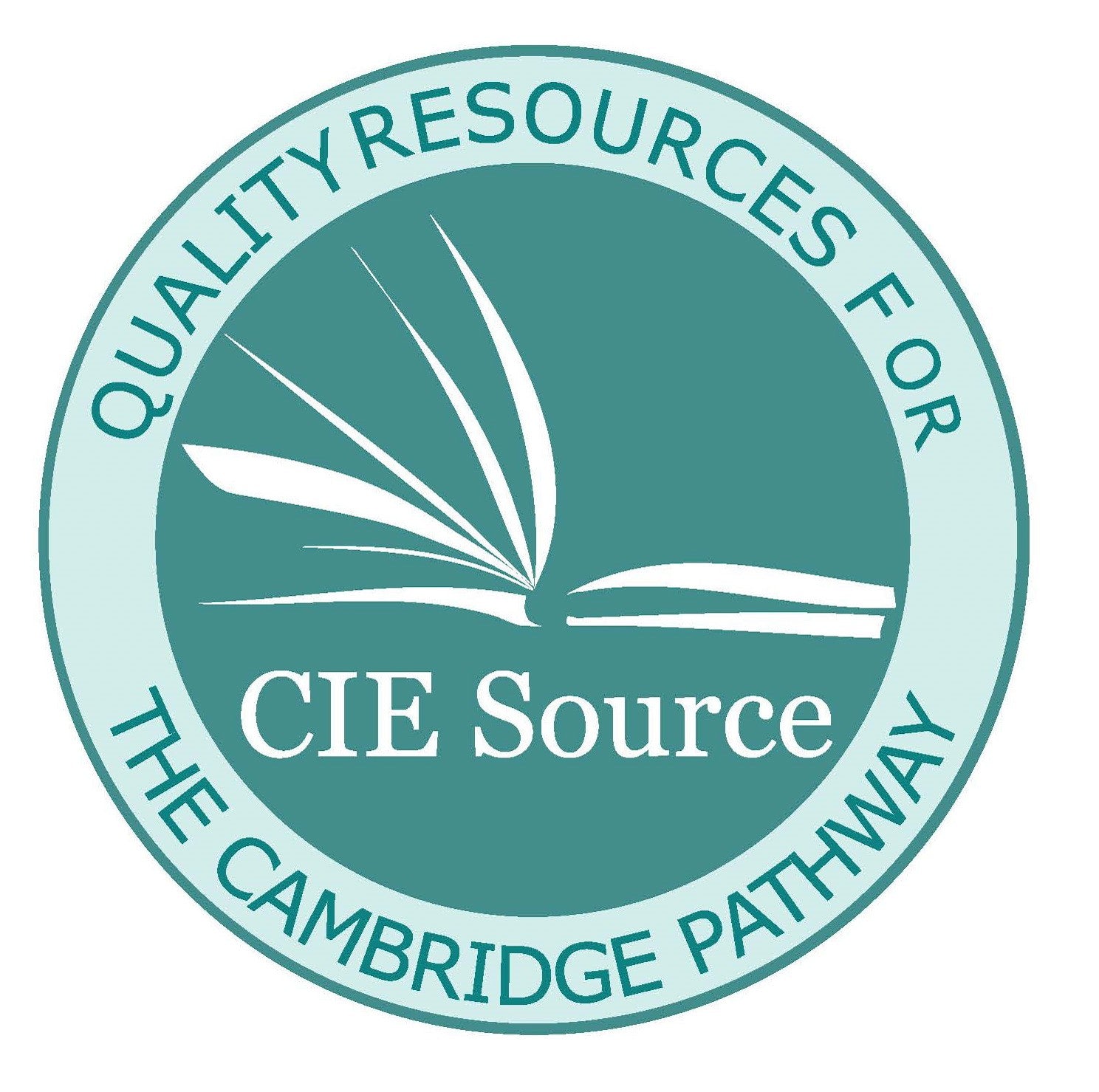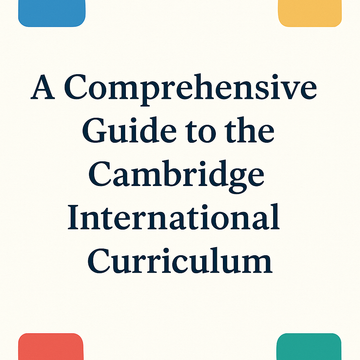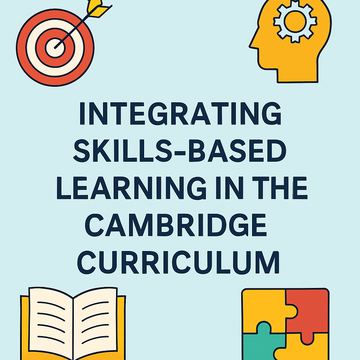In today's interconnected world, education systems that offer international recognition and a comprehensive approach to learning are highly sought after. The Cambridge International Curriculum stands out as a leading framework that prepares students aged 5 to 19 for success in school, university, and beyond. This guide delves into the curriculum's structure, benefits, and why it's a preferred choice for many educational institutions worldwide.
What is the Cambridge International Curriculum?
Developed by Cambridge Assessment International Education, a part of the University of Cambridge, the Cambridge International Curriculum is designed to provide a clear educational pathway from primary through to pre-university education. It emphasizes the development of learners who are confident, responsible, reflective, innovative, and engaged.
The curriculum is divided into four stages:
-
Cambridge Primary (ages 5–11): Focuses on developing skills in English, Mathematics, and Science, along with other subjects.
-
Cambridge Lower Secondary (ages 11–14): Builds on the primary stage, introducing more subjects and fostering critical thinking.
-
Cambridge Upper Secondary (ages 14–16): Offers Cambridge IGCSE qualifications, recognized globally for university and employment entry.
-
Cambridge Advanced (ages 16–19): Includes Cambridge International AS & A Levels, preparing students for higher education.
Each stage is designed to build on the previous one, ensuring a smooth progression in learning.
Key Features
Global Recognition
Cambridge qualifications are recognized by universities and employers worldwide. They open doors to higher education institutions in the UK, USA, Australia, Canada, and beyond.
Flexibility
Schools can tailor the curriculum to their context, choosing subjects that align with their students' needs and interests. This flexibility allows for a personalized learning experience.
Skill Development
Beyond academic knowledge, the curriculum emphasizes the development of skills such as critical thinking, research, and collaboration, preparing students for real-world challenges.
Assessment Approach
Cambridge assessments are designed to be fair, valid, and reliable. They test not just rote memorization but also understanding and application of knowledge. Assessments include written exams, coursework, and practical evaluations, depending on the subject.
Support for Educators
Cambridge provides extensive support for teachers, including professional development courses, teaching resources, and assessment tools. This ensures that educators are well-equipped to deliver the curriculum effectively.
Benefits for Students
-
Holistic Development: Students develop academically and personally, gaining skills that are essential for lifelong learning.
-
International Perspective: Exposure to global contexts prepares students to be global citizens.
-
Smooth Transition: The structured progression ensures that students are well-prepared for each educational stage.
Implementing the Curriculum
Schools interested in offering the Cambridge International Curriculum must register with Cambridge Assessment International Education. Once registered, they receive access to a wealth of resources and support to implement the curriculum successfully.
The Cambridge International Curriculum offers a comprehensive, flexible, and globally recognized educational framework. Its emphasis on skill development, international perspectives, and academic excellence makes it an ideal choice for schools aiming to prepare students for the challenges of the modern world. Find out more at www.myciesource.com




